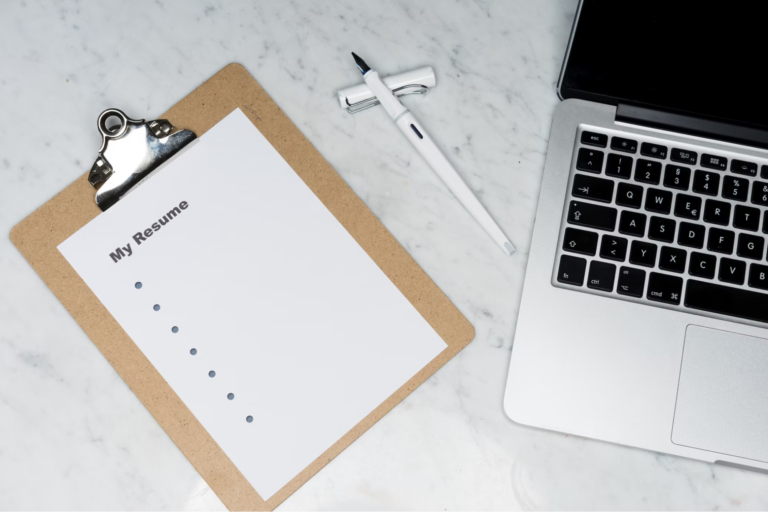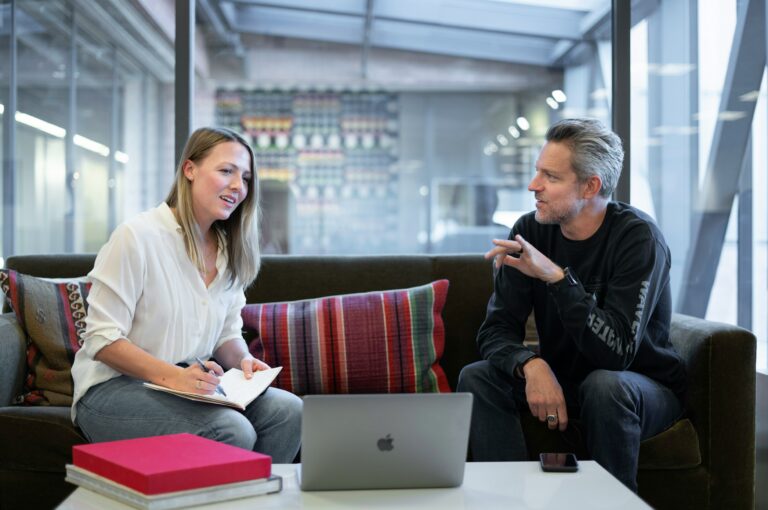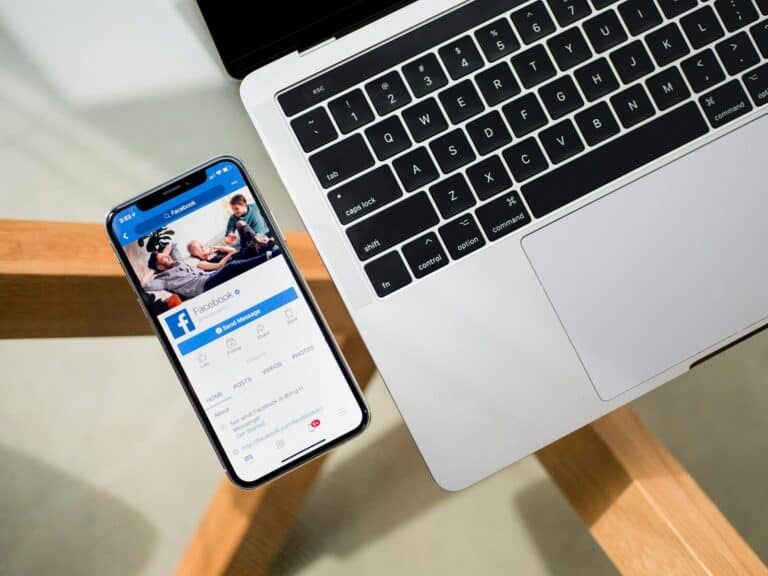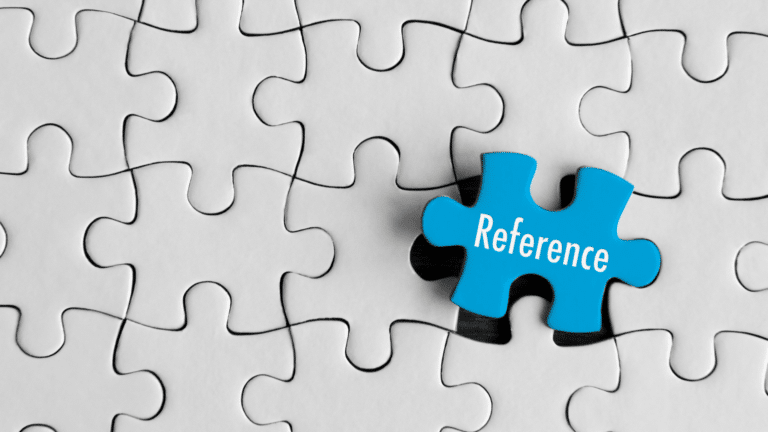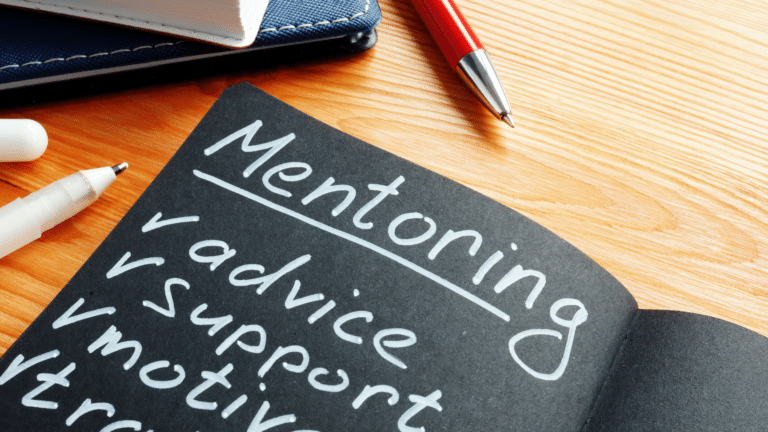You are bound to hear some tough questions during your job interviews, and although it’s impossible to anticipate every single one, a common question you can almost certainly expect is going to be: “What is your biggest failure?”.
This question is a way for the interviewer to see whether you are humble enough to admit your mistakes and whether you’re able to get back up from a failed task. So, depending on your answer, this question might make or break your interview.
That’s why we poured our collective knowledge and experience into this article—to help you understand why interviewers usually ask this question and how you can answer it like a pro!
Let’s begin!
Key Takeaways
- When employers ask you to talk about your biggest failures, they want to hear how self-aware and humble you are. That’s why demonstrating that you’re accountable is very important.
- Employers want to hear that you acknowledge your failures and have used them as a learning and growing opportunity.
- To answer this question properly, prepare an answer beforehand and share the story with your interviewer.
- While answering, avoid: going into too much detail, giving excuses while blaming others, and saying that you’ve never experienced failure before. All of these answers will make you seem arrogant and insincere.
Why Employers Ask “What is Your Biggest Failure?” Question
Employers ask you about your biggest failures because they want to hear you admit and acknowledge your shortcomings. They want to see that you are aware of what led to failing at some tasks and how you utilized that to learn not to repeat the same mistakes again.
This question also lets employers know whether you’re willing to take risks, which is why you should demonstrate that you’re okay with taking small risks and stepping out of your comfort zone to achieve tasks.
Some other versions of this question include:
- Tell me about a time when you failed.
- What did you learn from your biggest failure?
- What mistakes have helped you learn something new?
- What was your biggest professional failure?
- How do you get back up after making a mistake?
- What is one decision you regret?
- How did you manage to overcome your biggest failure?
- What was your biggest mistake?
How to Answer “What is Your Biggest Failure?” Interview Question
Here are the main three steps you need to take in order to answer this question easily:
Prepare an Answer
This is a very common interview question, so it’s best to prepare an answer beforehand.
Think of a time when you didn’t manage to complete a goal, and try to pick a work situation that occurred while you were in a similar role as the one you’re applying for.
Keep the story brief and focus on how it helped you learn and grow professionally. You can also explain what you would do differently now that you know what can happen.
Avoid examples where the failure happened because you didn’t:
- Want to listen
- Show up to a meeting
- Show up at work on time
- Take everyone’s perspectives and feelings into consideration
Although this is not a hard rule, situations like these might make you seem unprofessional, so it’s better to talk about the one where you failed as a team member sharing responsibilities.
Share Your Story
Remember that this question is a test of self-awareness, so don’t beat around the bush too much. Go straight to sharing the story you prepared.
Since this is a type of behavioral interview question, you can also use the STAR Method to structure your answer better.
Focus on explaining what made the situation difficult and how it led to failure. Be open and explain that it was a situation where things didn’t go as planned.
Finish with Learning Outcomes
Lastly, briefly mention what you think went wrong and what you believe you can now do differently based on this experience. Show the employer what you did in order to move on and learn from the mistake.
Mention what you think caused this failure, but remember to take responsibility as well. This is the best way to show that you’re able to learn from your mistakes. Additionally, this is what makes you more trustworthy to employers and ultimately lands you the job.
Sample Answers to “What is Your Biggest Failure?” Interview Question
Here are some ways to answer this question based on your experience:
Sample Answer 1
Here’s the best way to answer, “What is your biggest failure?” as a student:
I finished my graphic design studies, and what I consider my biggest failure is definitely the time I sent a project two days late because I didn’t prioritize the right task. This resulted in me losing an opportunity to design a logo for a big company.
Although it still bothers me, I realized that this is what happens when you don’t plan ahead. This situation helped me learn that employers will not tolerate this and that I could have avoided this situation altogether if I just set my priorities straight and managed my time accordingly.
Sample Answer 2
If you’re an experienced professional, you could draw inspiration from something like this:
I was selected as the lead project manager for a new client. The client requested that we write around 160,000 words of content in one month. Since this was the first time I got to lead a project, I jumped on the opportunity because I wanted to make a good impression and demonstrate my skills.
I assured the client that the content would be ready on time, as I really thought this task was doable based on the number of writers we had on our team. However, I haven’t considered the quality of the writers’ output and how much time it would take to edit and bring that content up to our standards.
We fell short of the final number by around 30,000 words, and needless to say, the client was not happy. I made sure to apologize and assure them that this wouldn’t happen again. I also made sure to apologize to my team for giving them such a huge workload.
This situation has helped me learn to evaluate projects and their requirements from every possible angle and never promise more than I can deliver. It has also helped me realize where I stand and what my limits are. After discussing the situation with the client, we agreed that the monthly KPI needed to be lowered in order for us to do a great job.
What Not to Say When Answering “What is Your Biggest Failure?” Interview Question
Let’s go through some of the things you should definitely avoid.
Don’t go Into Small Details
It’s important to give a clear and concise answer, so don’t go into too much detail. A recruiter will definitely not stay focused if you keep rambling on. Instead, choose an example and showcase what went wrong and why you think it failed.
Don’t Blame Others
The number one thing you should always avoid while answering this question is blaming others. It’s essential to hold yourself accountable for your mistakes and not play the blame game. The interviewers want to hear that you’re aware of your weak points and are willing to work on them.
Blaming others will definitely not make a good impression on the employer either, so it’s best to avoid it altogether.
Don’t Provide Excuses
This goes hand in hand with the previous one. What this essentially means is that you shouldn’t give excuses such as:
- “My coworker handled this very poorly.”
- “I can’t believe I followed that guy’s approach.”
- “I would have never let that mistake happen.”
Answers like these will make you sound arrogant. Employers want to know if you can hold yourself accountable, and these answers are the complete opposite of that. Interviewers don’t want to hear excuses; they want to hear about how you handled the situation.
Don’t Say You Never Failed
It is practically impossible for a person not to fail at least once in their life. That’s why you shouldn’t ever say that you haven’t failed before.
Everyone fails, from famous people to long-standing businesses. Employers are interested in hearing your story, so don’t be afraid to share it.
If you say that you’ve never failed in your life, the interviewer will not believe you and will likely find you insincere.
How to Deal with Failure
The best thing you can do if you fail is to find ways to deal with it, such as:
- Asking for help/support. Ask someone who is close to you to help you find a solution. If you know someone in your business, even better! Have a conversation with them and ask them what they would do to fix the issue.
- Using it as a learning experience. No matter how bad the outcome of the failure is, you should always use this experience as a learning opportunity. If it hadn’t happened, you would’ve never found out why it doesn’t work. So, sometimes it’s necessary to fail so you can learn.
- Avoid sulking over it for a long time. What is done is done; all that’s left is to look ahead. Ask yourself what steps you should take now in order to move on. If you spend too much time thinking about your failure, you will miss out on new opportunities.
- Remember that you’re not the only one! If you’ve ever experienced failure, you’re definitely not alone. Around 36% of people admit that they have experienced at least one consequential professional failure throughout their career and missed the chance to reach their goals because of it.
Final Thoughts
Don’t let this question intimidate you; it’s more than okay to acknowledge that you’ve failed in your life.
The key is to master answering this tricky interview question well. And to do that, start with preparing an answer that involves a failure you found a remedy for and that has helped you grow both as a professional and as a person.
We hope this guide has helped you understand this question better, and we wish you luck on your next interview!




